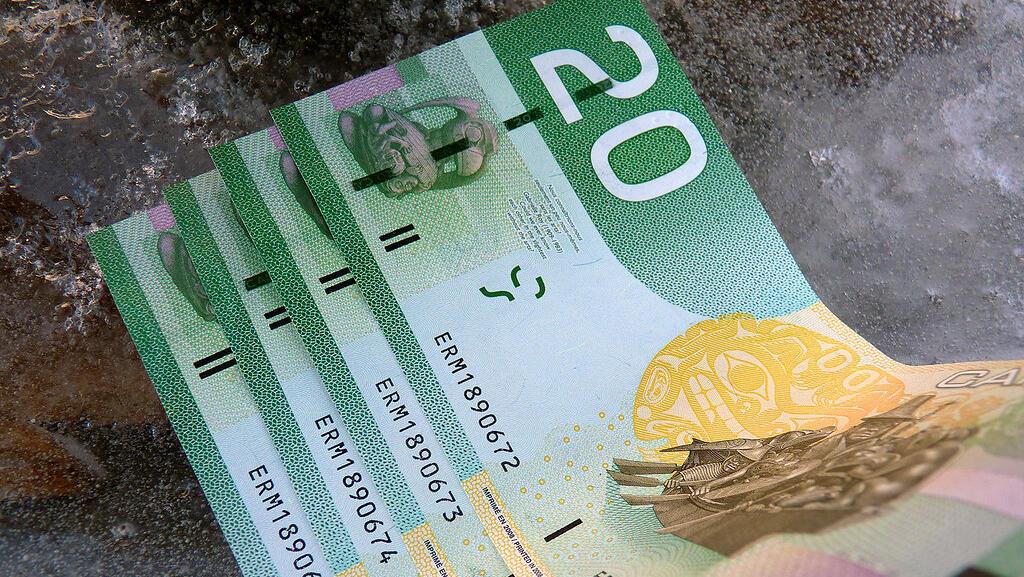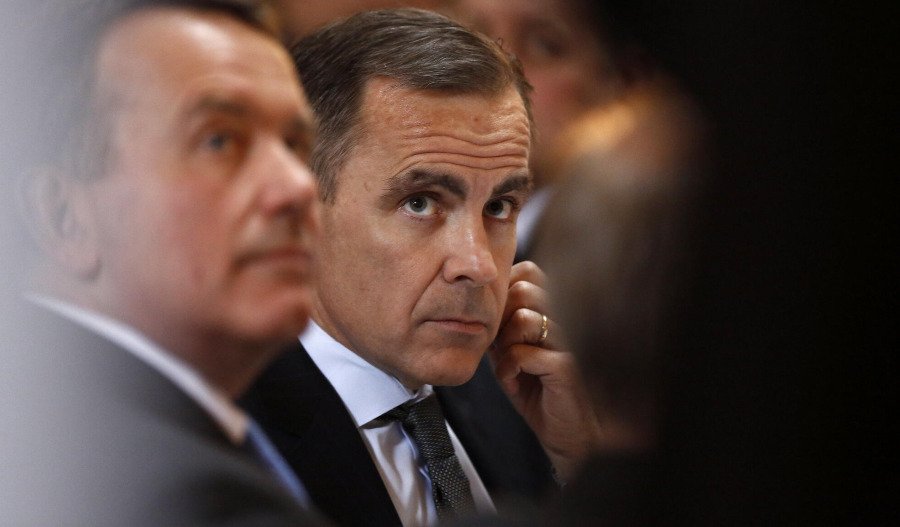The Bank of Canada has held its benchmark interest rate at 2.75%, amid uncertainty over the United States’ tariff policies.
This follows seven consecutive interest rate cuts since June 2024. The U.S. began imposing a 25% tariff on most imports from Canada in February, with Canada adding reciprocal tariffs across March and April.
“Financial markets have been roiled by serial tariff announcements, postponements and continued threats of escalation. This extreme market volatility is adding to uncertainty,” said the Bank of Canada.
“In Canada, the economy is slowing as tariff announcements and uncertainty pull down consumer and business confidence. Consumption, residential investment and business spending all look to have weakened in the first quarter. Trade tensions are also disrupting recovery in the labour market.”
While the Bank of Canada said the ongoing economic uncertainty made it difficult to project the country’s GDP growth, it outlined two scenarios based on potential U.S. trade policy.
Under the first option, limited tariffs would cause Canada’s economy to weaken temporarily, leaving inflation around its 2% target. Under the second, a lengthy trade war with the U.S. would result in a recession, with inflation rising above 3% in 2026.
Canada’s inflation rate in March was 2.3%, lower than February’s 2.6%, but above January’s 1.9%. The Bank of Canada said these months’ increased inflation rates reflected a rise in inflation on the price of goods and the end of the country’s GST suspension.
The country’s Department of Finance also announced a remission of its reciprocal tariffs for some industries this week, including a performance-based remission scheme for automakers, in a bid to support Canadian manufacturing.
Related content



